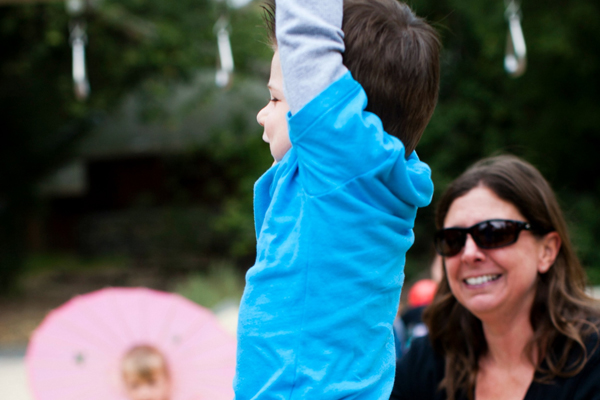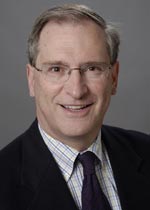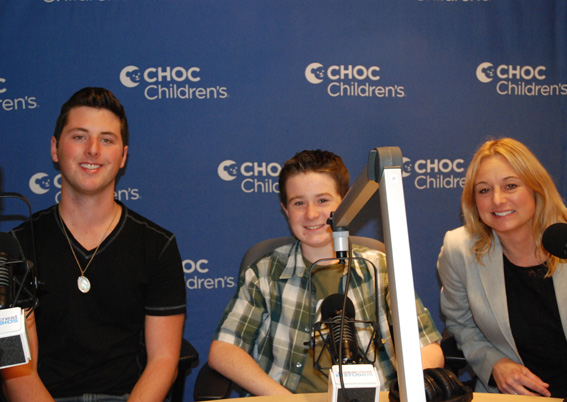HELPING FAMILIES COPE
“A most important initial step to understanding your child is by obtaining the best comprehensive evaluation, identifying the child’s strengths and weaknesses, having questions answered, and developing a plan for intervention,” says Dr. Donnelly, pediatric neurologist at CHOC and UC Irvine. “Parents and families need help and hope. They need to believe their child will improve and has a chance for a meaningful life. They can get help by contacting The Center for Autism & Neurodevelopmental Disorders in Santa Ana.”
TREATMENT FOR KIDS WITH AUTISM
“The main and most evidenced-based treatment is behavioral intervention, or Applied Behavioral Analysis (ABA),” Dr. Donnelly says. “ABA is a method of analyzing behavior using certain principles to create a plan to change behavior using specific rewards and punishments, to facilitate social interaction and communication, and eliminate negative behaviors. Other treatments can include special education programs, speech and language therapy, social skills groups, and occupational therapy. Medical evaluation and treatment focuses on making accurate diagnoses, determining etiology, supporting and educating the family, providing genetic information, treating any related problems, like seizures, and pinpointing associated behaviors such as ADHD, anxiety or aggression, and supporting behavioral strategies or medication to help improve symptoms.”
TEACHING YOUR CHILD
It’s important for parents and families to be engaged with their child, says Dr. Donnelly. “Speak and play with your child and learn how to be their most important mentor. Get to know them and how they learn best. Identify their strengths and weaknesses and learn how to facilitate their social communication skills and behavior. Become a lay expert in behavior intervention. Have an optimistic but realistic outlook.”
THE NEW TERM: AUTISM SPECTRUM DISORDER
“Autism spectrum disorder (ASD), as it is now called, encompasses autism and what was previously called Asperger syndrome,” says Dr. Donnelly. “ASD is a neurodevelopmental disorder characterized by key behavioral features, including significant impairment in social communication and restricted and repetitive behaviors. The term “spectrum” is useful not only to describe a large group of varied individuals, but it also signifies a wide difference in the type and severity of specific behaviors. Symptoms can include things like poor social skills, atypical language, sensory issues, motor impairment and developmental delays.”
FAST FACTS
- Percentage of National Institute of Health Research funds allocated to autism research annually: Less than 5 %
- Prevalence of Autism Spectrum Disorder in children overall: 1 in 88
- Prevalence of Autism Spectrum Disorder in boys: 1 in 54





















